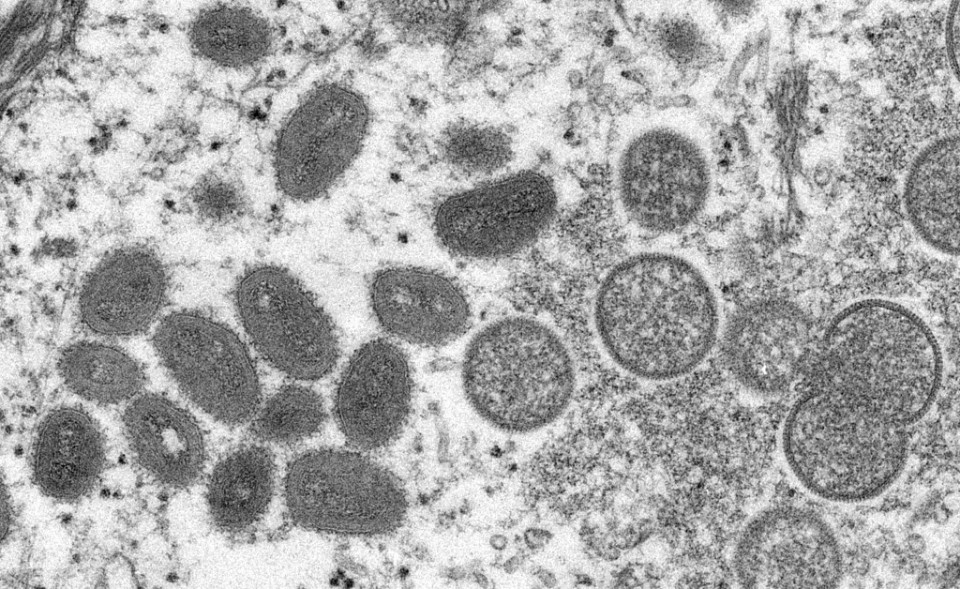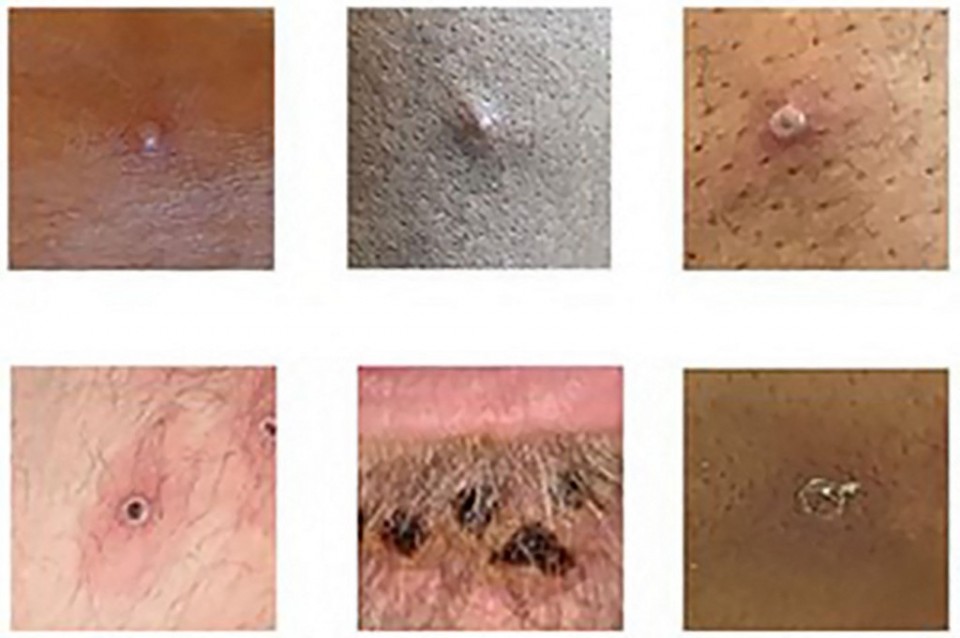(Eagle News) – The Philippines has recorded its first case of the monkeypox virus – a 31-year old Filipino who arrived from abroad on July 19, the Department of Health said on Friday, July 29.
The patient also had prior travel to countries with confirmed monkeypox cases, according to Health Undersecretary Beverly Ho.
The DOH official, however, did not reveal the gender of the Filipino who is now confirmed to be the first monkeypox case in the country.
The patient is currently being strictly monitored while under isolation after testing positive for the monkeypox virus.
The patient tested positive on Thursday after an RT-PCR test.
“The case had prior travel to countries with documented monkeypox cases,” said Ho, an acting undersecretary for the DOH.
-10 close contacts recorded for PHL’s first monkeypox case-
“Ten close contacts were recorded, of which three are from the same household. All have been advised to quarantine and are being monitored by the department.”
No other details were given.
The Philippines sought to head off potential panic, saying monkeypox was not like Covid-19.
“This is not like Covid that can be spread by air very easily and could possibly be fatal,” said Trixie Cruz-Angeles, press secretary for President Ferdinand Marcos Jr.
“This is not particularly fatal.”
Ho said the Philippines was working with the United States to secure monkeypox vaccines.
-Monkeypox, already a global health emergency, says WHO-
The World Health Organization (WHO) on Saturday, July 23, has declared the monkeypox outbreak to be a global health emergency — the highest alarm it can sound.
At the time, it has affected nearly 17,000 people in 74 countries,
“I have decided that the global monkeypox outbreak represents a public health emergency of international concern,” WHO chief Tedros Adhanom Ghebreyesus said at a press conference.
He said a committee of experts who met last week was unable to reach a consensus, so it fell to him to decide whether to trigger the highest alert possible.
-Majority of cases in Europe-
“WHO’s assessment is that the risk of monkeypox is moderate globally and in all regions, except in the European region where we assess the risk as high,” he added.
Monkeypox has affected more than 16,800 people in 74 countries, according to a tally by the US Centers for Disease Control and Prevention (CDC) published on July 22.
Last Monday, July 25, Japan confirmed its first monkeypox case — a man in his 30s who had just returned from Europe.

WHO chief Tedros Adhanom Ghebreyesus said Wednesday that more than 18,000 cases have now been reported to the organisation from 78 countries, with 70 percent of them in Europe and 25 percent in the Americas.
“The majority of reported cases of monkeypox currently are in males, and most of these cases occur among males who identified themselves as gay, bisexual and other men who have sex with men (MSM), in urban areas, and are clustered in social and sexual networks. Early reports of children affected include a few with no known epidemiological link to other cases,” WHO said in its report on July 23.
“There has also been a significant rise in the number of cases in countries in West and Central Africa, with an apparent difference in the demographic profile maintained than that observed in Europe and the Americas, with more women and children amongst the cases,” it said.
-Clinical presentations of monkeypox-
WHO said that the “clinical presentation of monkeypox occurring in outbreaks outside Africa is generally that of a self-limited disease, often atypical to cases described in previous outbreaks, with rash lesions localized to the genital, perineal/perianal or peri-oral area, that often do not spread further, and appears prior to the development of lymphadenopathy, fever, malaise, and pain associated with lesions.”

So far, there have been three reported deaths in Nigeria and two in the Central African Republic
(Editor’s note: This is a developing story. Refresh for more updates. )
(Eagle News Service with a report from Agence France Presse)








